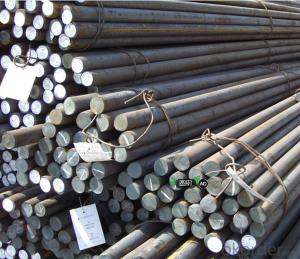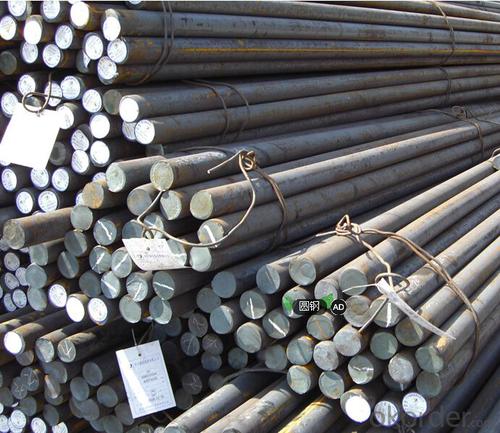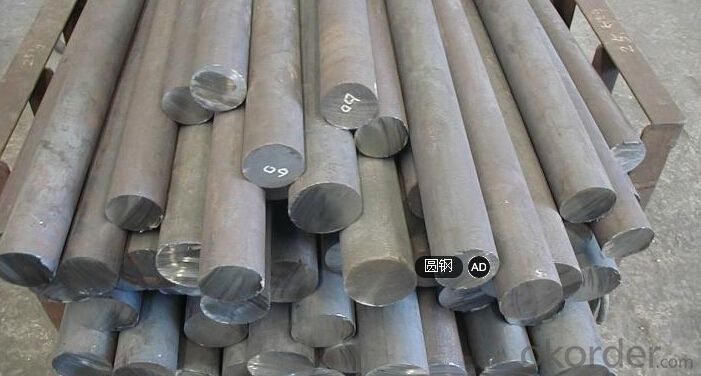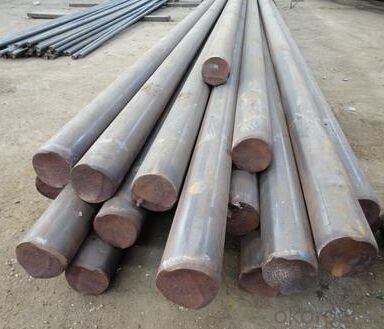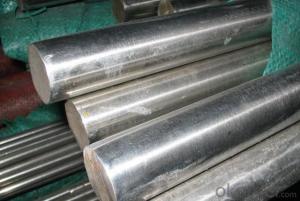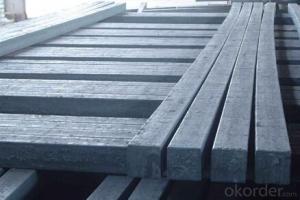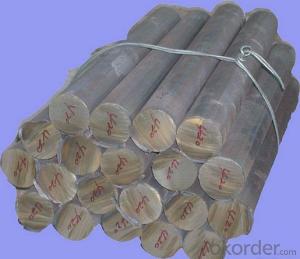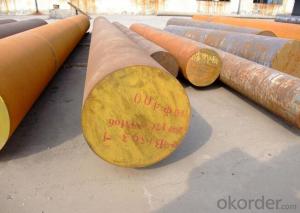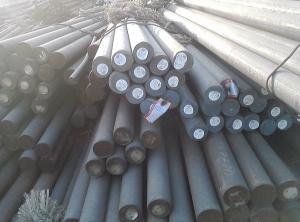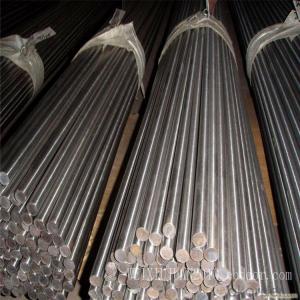Forged DIN 25CrMO4 30CrMo Alloy Steel Bar
- Loading Port:
- Qingdao
- Payment Terms:
- TT OR LC
- Min Order Qty:
- 5 m.t.
- Supply Capability:
- 100000 m.t./month
OKorder Service Pledge
Quality Product, Order Online Tracking, Timely Delivery
OKorder Financial Service
Credit Rating, Credit Services, Credit Purchasing
You Might Also Like
Specification
Type:
Carbon Steel,Spring Steel,Bearing Steel,Gear Steel,Deformed Steel,Stainless Steel,Alloy Steel
Shape:
Steel Coil,Steel Sheet,Steel Wire Rod,Steel Flat Bar,Steel Square Bar,Steel Angle,Steel Round Bar,Steel Billets
Technique:
Hot Rolled,Cold Rolled,Cold Drawn,ERW,Forged,Saw,Extruded,EFW,Spring
Surface Treatment:
Galvanized,Coated,Copper Coated,Color Coated,Oiled,Dry,Chromed Passivation,Polished,Bright,Black,PVDF Coated
Certification:
ISO,SGS,BV,IBR,RoHS,CE,API,BSI,UL
Thickness:
12-500mm
Width:
12-500mm
Length:
6-12m
Outer Diameter:
12-500mm
Net Weight:
100kg
Packaging:
seaworthy packaging
Forged DIN 25CrMO4 30CrMo Alloy Steel Bar
Detailed Information of Forged DIN 25CrMO4 30CrMo Alloy Steel Bar
| Name | Steel Round Bar |
| Shape | Round Bar/Square Bar/Flat Bar/Plate/Wire |
| Standard | GB/ASTM/SAE/AISI/DIN/JIS/EN/BS |
| Surface Treatment: | Black/Peeling/Polished/Machined |
| Delivery Condition: | Hot Rolled or Forged/Peeled or Black Surface |
| Test | SGS/UT 100% Elements Testing |
| Certificate: | ISO/Mill Certificate |
| Service: | 24 hours online service / |
| more than 20 years trading and manufacture | |
| Quality Assurance: | the third party inspection, such as SGS, BV, TUV…etc. is acceptable |
| Packaging Details: | Seaworthy Packaging or as per customer's packing instruction |
Product Overviews of Forged DIN 25CrMO4 30CrMo Alloy Steel Bar
| Product Name | Typical Grades | Diameter(mm) | Standard Adopted |
| Carbon Steel | 20 (1020/S20C/C22) | ||
| 40 (1040/S40C/C40) | Ø16-Ø300 | ||
| 45 (1045/S45C/C45) | |||
| Bearing Steel | GCr9 (51100/SUJ1) | ||
| GCr15 (52100/SUJ2/100Gr6) | Ø12-Ø250 | ||
| GCr9SiMn (A485-Gr.1/SUJ3) | GB/SAE/ | ||
| Cr-Mo Steel | 20Cr (5120/SCr420H/20Cr4) | JIS/DIN | |
| 40Cr (5140/SCr440/41Cr4) | Ø12-Ø250 | ||
| 42CrMo(4140/SCM440/42CrMo4) | |||
| Gear Steel | 20CrNiMo | ||
| 20CrMn(5115/SMnC420/20MnCr5) | Ø16-Ø600 | ||
| 20CrNiMo(8620/SNCM220/20CrMiMo2) |
Company Introduction of Forged DIN 25CrMO4 30CrMo Alloy Steel Bar
CNBM International Corporation is the most import and export platform of CNBM group(China National Building Material Group Corporation) ,which is a state-owned enterprise, ranked in 270th of Fortune Global 500 in 2015.
With its advantages, CNBM International are mainly concentrate on Cement, Glass, Iron and Steel, Ceramics industries and devotes herself for supplying high quality series of refractories as well as technical consultancies and logistics solution.
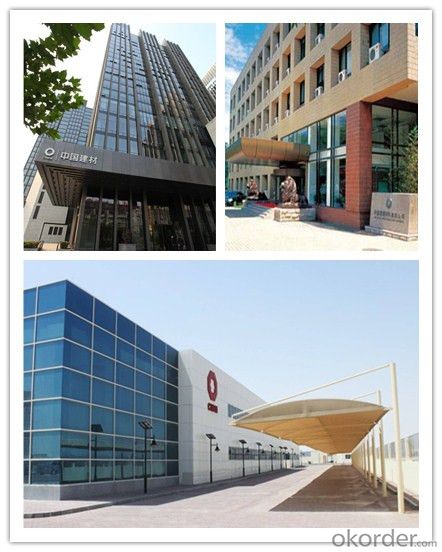
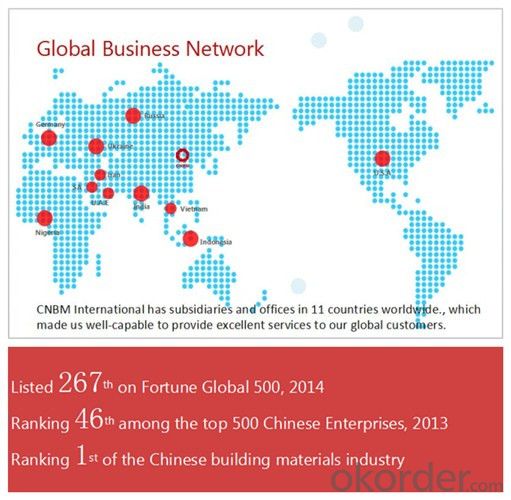
| After-sale service | l CNBM provides the services and support you need for every step of our cooperation. We’re the business partners you can trust; you can relax and get on with doing business. |
| l For any problem, please kindly contact us at any your convenient time, we’ll reply you in our first priority within 24 hours | |
| Advantages | l Industry experience over 20 years. |
| l Shipment of goods -More than 70 countries worldwide. | |
| l The most convenient transport and prompt delivery. | |
| l Competitive price with best service. | |
| l High technical production line with top quality products. | |
| l High reputation based on best quality products. | |
Packaging & Delivery of Forged DIN 25CrMO4 30CrMo Alloy Steel Bar
| Packaging Detail | Sea worthy packing /as per customer's packing instruction |
| Delivery Detail | 15 ~ 40 days after receiving the deposit |
Products Show
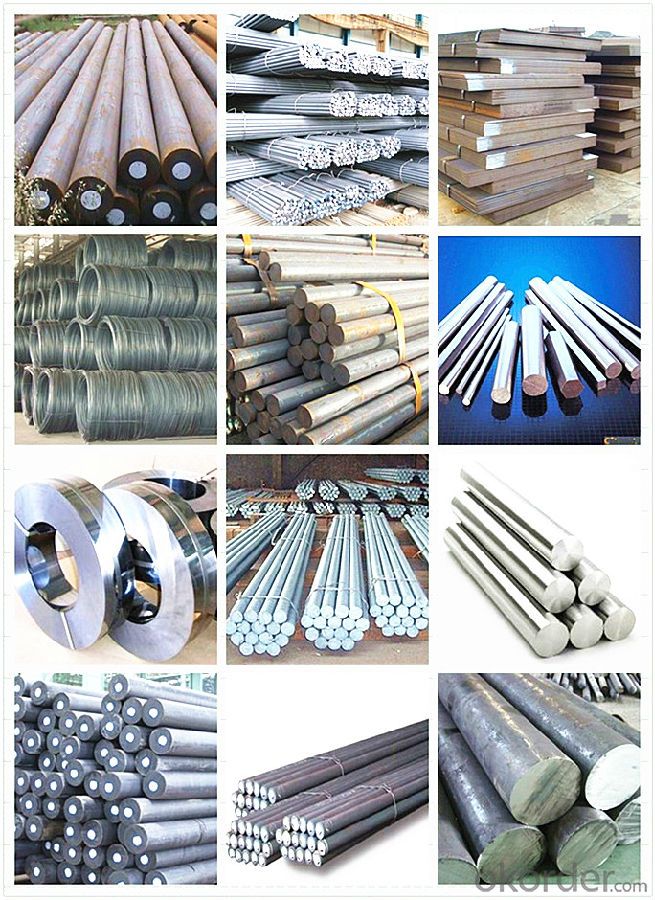
FAQ:
| Are you a trading company or manufacturer? | Manufacturer |
| What’s the MOQ? | 1000m2 |
| What’s your delivery time? | 15-20 days after downpayment received |
| Do you Accept OEM service? | Yes |
| what’s your delivery terms? | FOB/CFR/CIF |
| What's the Payment Terms? | 30% as deposit,70% before shipment by T/T |
| Western Union acceptable for small amount. | |
| L/C acceptable for large amount. | |
| Scrow ,Paybal,Alipay are also ok | |
| Why choose us? | Chose happens because of quality, then price, We can give you both. Additionally, we can also offer professional products inquiry, products knowledge train (for agents), smooth goods delivery, excellent customer solution proposals. |
| What's your available port of Shipment? | Main Port, China |
| What’s your featured services? | Our service formula: good quality+ good price+ good service=customer's trust |
| Where are your Market? | Covering more than 160 countries in the world |
- Q: What are the main elements in special steel alloys?
- The main elements in special steel alloys can vary depending on the specific type of alloy and its intended application. However, there are several common elements that are often present in special steel alloys. These include: 1. Iron (Fe): Iron is the main component of steel alloys, providing its base strength and durability. 2. Carbon (C): Carbon is a key element in steel alloys, as it significantly influences the hardness and strength of the material. Different levels of carbon content can result in varying properties, such as high carbon steel for increased hardness or low carbon steel for improved ductility. 3. Chromium (Cr): Chromium is commonly added to steel alloys to enhance their corrosion resistance. It forms a protective layer on the surface of the alloy, preventing oxidation and rusting. 4. Nickel (Ni): Nickel is often used in special steel alloys to improve their resistance to heat and corrosion. It also contributes to enhancing the material's strength and toughness. 5. Manganese (Mn): Manganese is commonly added to steel alloys to improve their workability and machinability. It also enhances the material's strength and impact resistance. 6. Molybdenum (Mo): Molybdenum is frequently included in special steel alloys to increase their strength, hardness, and high-temperature resistance. It also improves the alloy's ability to withstand corrosion. 7. Vanadium (V): Vanadium is often added to steel alloys to enhance their strength, toughness, and heat resistance. It also aids in refining the grain structure of the alloy, resulting in improved performance. These are just a few examples of the main elements commonly found in special steel alloys. Depending on the specific requirements and desired properties, other elements such as tungsten, cobalt, copper, and titanium may also be present in varying amounts. The combination of these elements in different proportions allows for the creation of specialized steel alloys with unique properties tailored for specific applications in industries such as aerospace, automotive, construction, and manufacturing.
- Q: How does wear-resistant steel protect against abrasive wear?
- Wear-resistant steel protects against abrasive wear by having a high hardness and toughness, which enables it to withstand the constant rubbing and grinding action of abrasive materials. The steel's resistance to deformation and ability to retain its shape under pressure prevent the abrasive particles from causing significant damage, thereby extending the lifespan of the material.
- Q: What are the different types of electrical steel?
- There are primarily two types of electrical steel: grain-oriented electrical steel (GOES) and non-grain-oriented electrical steel (NGOES). GOES is specifically designed to have superior magnetic properties in a specific direction, making it ideal for power transformers and other high-efficiency electrical devices. On the other hand, NGOES does not have a preferred magnetic direction and is commonly used in motors, generators, and other general-purpose electrical equipment.
- Q: What are the standards and certifications for special steel?
- Some of the standards and certifications for special steel include ISO 9001 for quality management systems, ISO 14001 for environmental management systems, and ISO 45001 for occupational health and safety management systems. Additionally, there are various industry-specific standards such as ASTM International, EN standards, and JIS standards that provide specifications and testing requirements for different types of special steel. These standards and certifications ensure that the special steel meets specific quality, safety, and environmental standards, and helps to establish trust and credibility in the industry.
- Q: How does special steel contribute to improving product reliability?
- Special steel contributes to improving product reliability in several ways. Firstly, special steel has enhanced mechanical properties, such as high strength, toughness, and corrosion resistance, making it highly suitable for demanding applications. This ensures that products made with special steel are more durable and less likely to fail under stress or harsh conditions. Secondly, special steel can be tailored to specific requirements, allowing manufacturers to optimize the material for a particular product. This customization ensures that the steel used is the most suitable for the application, improving overall product performance and reliability. Furthermore, special steel undergoes rigorous quality control and testing processes during manufacturing. This ensures that the material meets strict standards and specifications, reducing the risk of defects or inconsistencies that could compromise product reliability. In summary, special steel's superior mechanical properties, customization options, and stringent quality control contribute to improved product reliability by enhancing durability, performance, and consistency.
- Q: What are the common surface treatments applied to special steel?
- The common surface treatments applied to special steel include galvanization, powder coating, painting, electroplating, and heat treatment.
- Q: What are the different joining processes for special steel?
- There are several different joining processes for special steel, including welding, brazing, and soldering. Welding involves melting the base metals and adding a filler material to create a strong bond. Brazing involves heating the base metals and using a filler material with a lower melting point to join them together. Soldering is a similar process to brazing, but it uses a filler material called solder with an even lower melting point. These joining processes are used to create durable and reliable connections in special steel applications.
- Q: Can special steel be used for jewelry?
- Yes, special steel can be used for jewelry. Special steel, such as stainless steel or titanium, is often used for making contemporary and modern jewelry pieces due to its durability, resistance to tarnish and corrosion, and affordability. It offers a unique and sleek aesthetic and can be crafted into various designs, making it a popular choice for jewelry makers and wearers alike.
- Q: How does special steel contribute to reducing product costs?
- Special steel contributes to reducing product costs in several ways. Firstly, its high strength and durability allow for the production of lighter and more efficient components, reducing the amount of material needed. This leads to cost savings in terms of raw material and transportation costs. Additionally, special steel's excellent machinability and formability make it easier and faster to manufacture complex parts, reducing labor and production time. Moreover, its corrosion resistance and longevity extend the lifespan of products, reducing maintenance and replacement costs. Overall, the use of special steel helps optimize production processes, improve product performance, and ultimately lower overall costs.
- Q: How is electrical steel used in the manufacturing of transformers?
- Electrical steel, also known as transformer steel, is a specialized type of steel used in the manufacturing of transformers. It is primarily used as the core material in transformers due to its unique magnetic properties. The core is responsible for transferring electrical energy from the primary coil to the secondary coil by creating a magnetic field. Electrical steel's low core losses and high magnetic permeability make it ideal for this purpose. Its high silicon content helps reduce energy loss and heat generation, improving the efficiency of transformers.
Send your message to us
Forged DIN 25CrMO4 30CrMo Alloy Steel Bar
- Loading Port:
- Qingdao
- Payment Terms:
- TT OR LC
- Min Order Qty:
- 5 m.t.
- Supply Capability:
- 100000 m.t./month
OKorder Service Pledge
Quality Product, Order Online Tracking, Timely Delivery
OKorder Financial Service
Credit Rating, Credit Services, Credit Purchasing
Similar products
Hot products
Hot Searches
Related keywords
